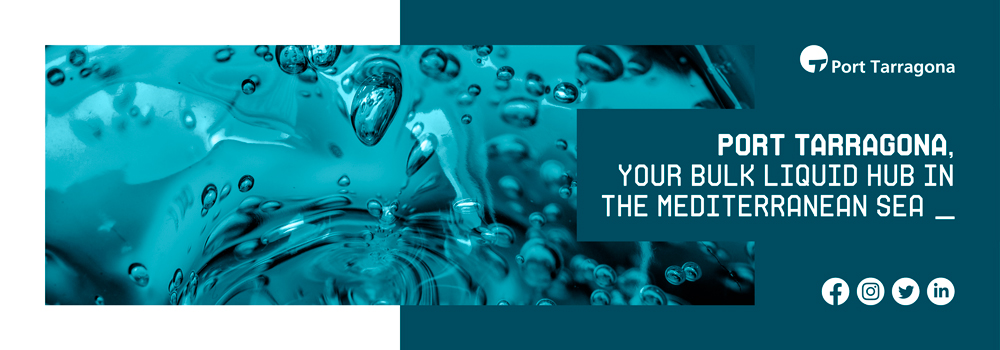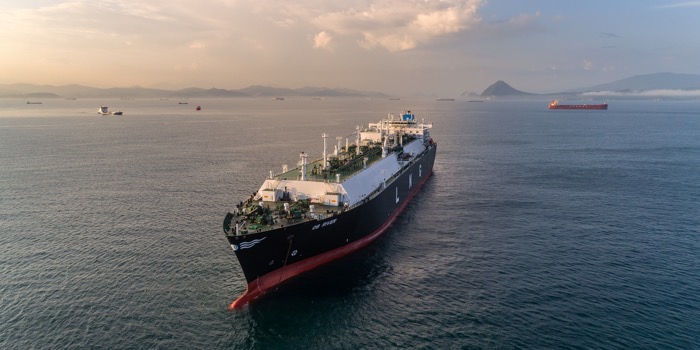International Maritime Organisation approves new amendments to MARPOL Annex VI
The International Maritime Organisation (IMO) recently approved new amendments to MARPOL Annex VI to introduce requirements to the operational efficiency of ships – the so-called CIIs or Carbon Intensity Indicators.
This is the shipping industry becoming subject to a regulatory measure which has never been tried on any other industry before – internationally or nationally.
Or as BIMCO put it: “So here we are, facing an entirely new compliance regime, where even the impact of bad weather may result in a ship becoming non-compliant at the end of the year when the account is settled. To make matters worse, the operation of ships involves more than will and acts of ship owners and the flag states of their ships.”
It said international seaborne transport is a commercial undertaking between at least an entity in the jurisdiction of the exporting country, an entity under the jurisdiction of the importing country and a ship, under the jurisdiction of its flag – often neither the exporting nor importing country. Therefore, carriage of goods at sea is subject to several international conventions regulating the commercial practices and not least the liabilities of the parties involved, implemented at slightly different times in each country around the world.
A ship’s operational performance may be measured in many ways. Each metric presents its own set of variables which influence the result. Using a metric to evaluate last year’s operation can teach us something about that year’s operation and why the result of that metric was good or bad.
Using the same metric proactively to manage the result of the current year’s operation is an entirely different matter. The variables of the metric become the handles which can be pulled to influence the result. The metric is thus key to which behaviours will be rewarded by the scheme.
Provisions in charter parties may be changed by the commercial counterparts, and BIMCO traditionally plays a key role in facilitating development of standard clauses and contracts. To make the new draft IMO regulations of operational efficiency workable, BIMCO is presently undertaking to analyse what could become necessary changes or additions to clauses for time- and voyage charter parties. It should be remembered that often charter parties require a ship to proceed with due dispatch and even in some cases with utmost dispatch. It seems evident that the charterers need to play a role to facilitate that ships can comply with the new regime of MARPOL Annex VI.
What BIMCO cannot change however is the content of international conventions. These may still present conflicting obligations and in some cases even prevent compliance. This is beyond the resolve of the shipping industry itself.
For more information visit www.bimco.org
4th January 2021















